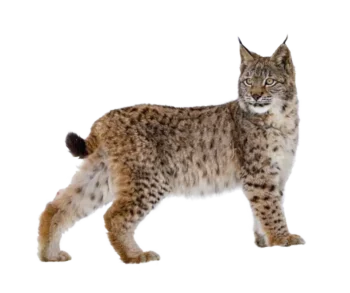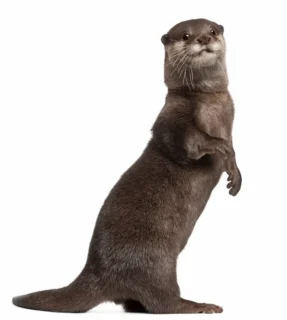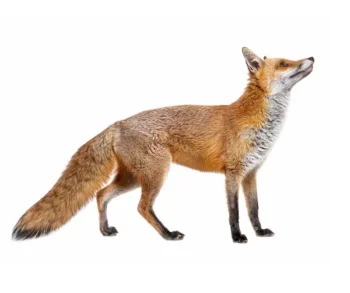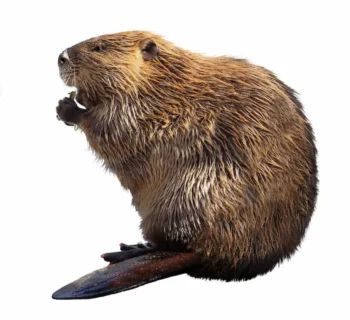Raccoons in Virginia
Raccoons are stocky mammals, easily recognized by the black “mask” across their eyes. Found throughout much of the U.S. and extending into northern South America, they are nomadic within their territory. Rather than digging or constructing nests, they mark places and remember them as potential shelters. Active throughout the year, they may take refuge in dens during harsh winter weather. Often, these “backyard bandits” cause trouble by scavenging through garbage, damaging kiddie pools, and creating a mess.
Raccoon Habitat
Raccoons favor wooded areas close to water and natural habitats, often sleeping in abandoned burrows or the crooks of trees. In urban environments, they adapt by nesting in crawl spaces, beneath porches, and in attics. Whether in rural or city settings, raccoons are constantly on the move, foraging for food and exploring new locations. Their diet is diverse, including insects, fruits, vegetables, and small animals. As nocturnal creatures, raccoons are infamous for rummaging through garbage cans at night. Gardens and homes attract them for their food sources and shelter opportunities.
Raccoon Behaviors, Threats, or Dangers
Although not all raccoons carry rabies, they are significant carriers of the virus in the U.S., particularly in the eastern regions where their populations are growing. Ensuring pets are vaccinated can help reduce this risk. Raccoons are known to kill poultry, damage bird nests, and wreak havoc on gardens and crops. They can also cause significant damage to a home’s structure, including insulation, wood, shingles, and wiring, while trying to build dens. Signs of raccoon activity include droppings, urine stains, and accumulated nest-building materials.
If you’re dealing with a raccoon problem, it’s best to reach out to a professional wildlife control service for safe removal.





